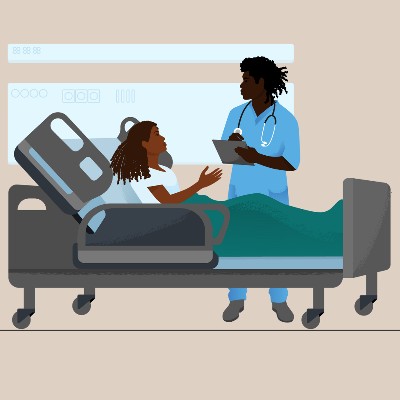
Target skills that promote health equity in clinical decision making.
In the U.S., people in some minoritized groups experience higher rates of poor health and disease, including diabetes, hypertension, obesity and more, when compared to White counterparts. ACP’s interactive series on diagnostic excellence offers evidence-based strategies clinicians can use to improve diagnostic decision making by mitigating the effects of unconscious bias related to race, ethnicity, gender, and other identities, leading to improved outcomes for patients.
Understanding and Addressing Disparities in Diagnosis Learning Series
CME/MOC credit are free to ACP Members. Nonmembers may access the modules for free and purchase access to claim CME/MOC credit for each module for $25.
Podcasts
CME/MOC credit are free to ACP Members.
This learning hub and its contents is funded by the Gordon and Betty Moore Foundation through a grant program administered by the Council of Medical Specialty Societies.

